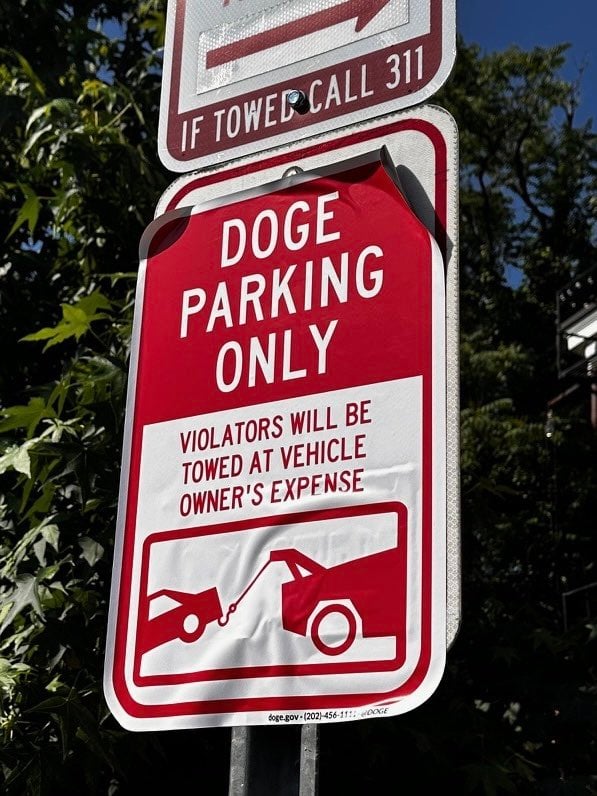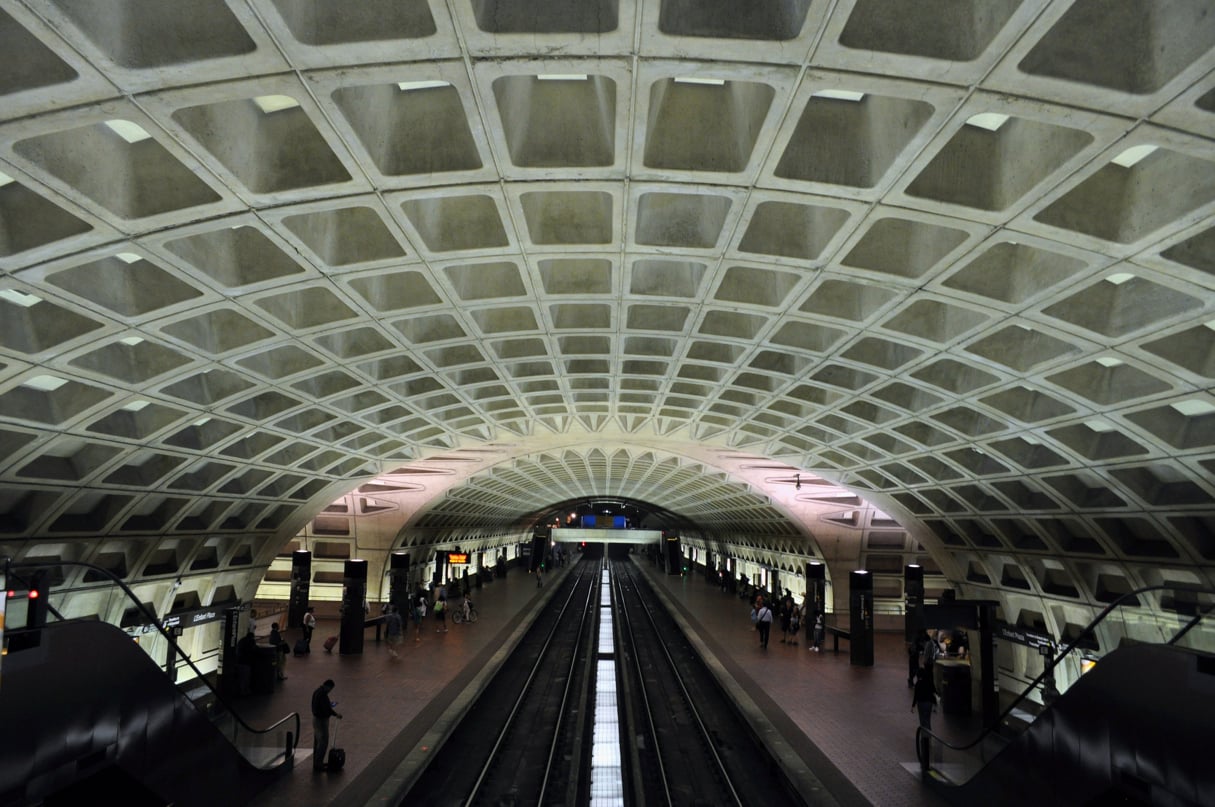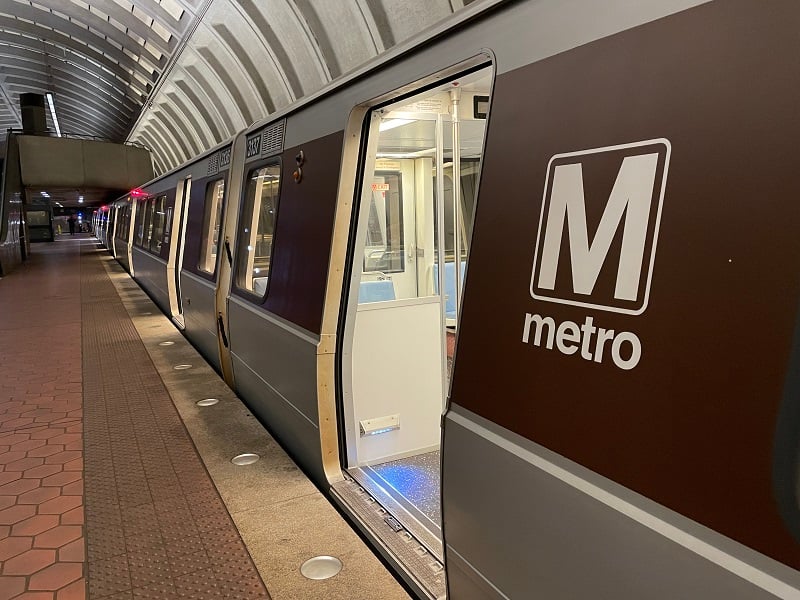DC residents are one step closer to receiving a $100 Metro stipend each month.
This afternoon, the DC Council’s Committee on Transportation and the Environment unanimously voted to advance a bill that would provide residents with $100 in Metro fare each month—essentially making public transit free, or nearly free, for a lot of people. According to Ward 6 Council Member Charles Allen, 92 percent of Metro riders spend less than $100 per month.
The bill would also set aside $10 million annually toward improving Metro service since, as Allen put it this afternoon, “reducing the cost of public transit is not helpful for transit and commuters if the service is not reliable.”
The bill’s next stop? Two votes before the full city council, which could come as soon as October and November, according to Allen.
Why do it?
The bill has been a while coming. Allen first introduced it before the pandemic struck in early 2020, arguing that it’d boost the region’s economy by attracting more riders.
“It was an important idea then, but now as we are faced with the economic recovery, it’s absolutely imperative,” said Allen at the meeting today. “Metro’s success is so closely linked to the District’s success and, frankly, the region’s success. It’s how our residents get to and from work; it’s how neighbors move around their community; how students get to and from school; it’s what small businesses rely on to get customers and employees to and from their storefronts.”
How much would it cost the city?
Though the city is estimating it will cost tens of millions of dollars annually, it can’t provide an exact total just yet, according to Allen. That’s because the cost will be determined by how many people actually use their $100 credit each month.
“We’re not just giving WMATA a big check. WMATA only gets this fare money if people use WMATA,” Allen told Fox 5 News.
According to Allen, the city also wouldn’t raise taxes to fund it but would instead use some of the city’s excess revenue, which is projected to grow. “The language in the bill just says that we’re going to make this a priority as our revenue grows,” said Allen. “It won’t impact spending on any existing programs.”
“It’s not cheap, but the repayment to us as a community will be more than worth it,” said Ward 3 Council Member Mary Cheh at today’s meeting.
Who would be eligible?
Everyone who lives in in DC (sorry, Marylanders and Virginians) would be eligible, regardless of their income, according to Allen.
This is a change from an earlier iteration of the bill, in which the program was initially geared toward those with lower incomes first. That changed when, according to Allen, “the cost of setting up an income verification system was nearly as high as what we might have saved from limiting it to residents with lower incomes.”
Now, the only administrative burden would be proving that you live in DC. After that, funds would automatically reload to your SmartTrip card each month.
“I’m glad that we are going to make this a universal program from the start,” said Allen. “It also just makes it easier for residents with low incomes to access the program. We’ve seen with programs like health care that regular income verification can really become burdensome for many people.”
Would unused funds roll over into the next month?
No, a person’s unused balance would not accumulate, according to the bill. That means if you have $50 left on your card by the end of the month, you won’t have a $150 balance the next month. You’ll simply be back to $100.
Would the $100 be applicable toward DC Circulator, VRE, and the Fairfax Connector?
According to the bill, the $100 stipend would be applicable to any service that accepts a SmartTrip card.
When can we expect it to go into effect?
If the bill passes later this fall, Allen estimates that DC residents could begin receiving their $100 stipends “sometime in 2023.”

















